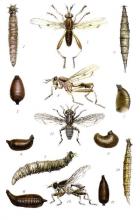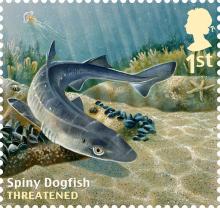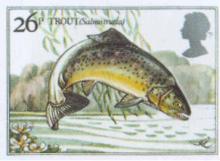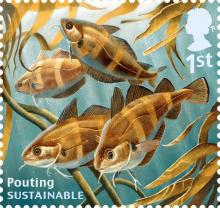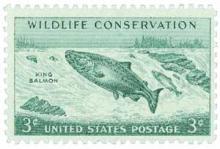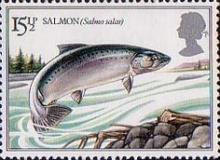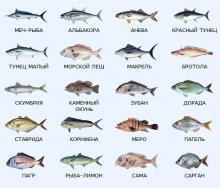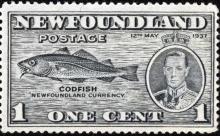Negative impacts of neonicotinoids in aquatic environments are a reality
Recent monitoring studies in several countries have revealed a world-wide contamination of creeks, rivers and lakes with neonicotinoid insecticides, with residue levels in the low μg/L (ppb) range. At least two main areas of concern can be identified: reduced capacity for decomposition of organic debris by aquatic organisms and starvation of insectivores and other vertebrate fauna that depend on invertebrates as a major or only food source.

